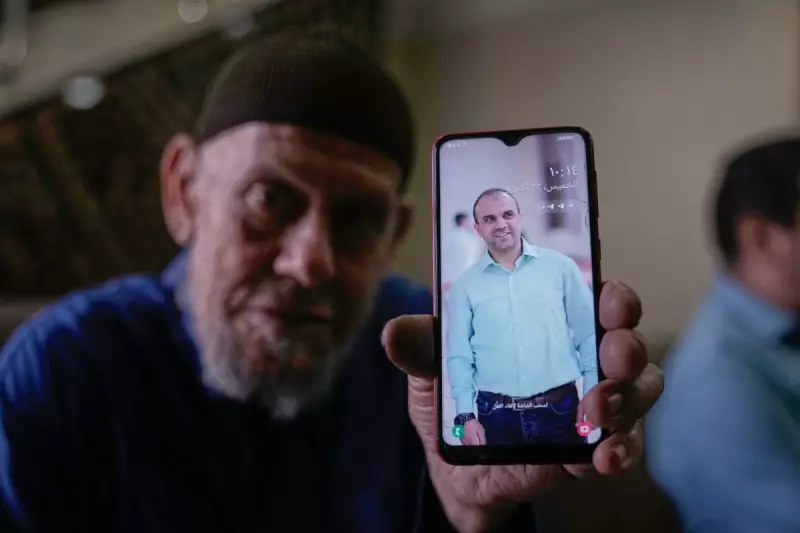
A new report from an Israeli human rights organisation has documented a sharp and alarming increase in the number of Palestinian deaths occurring within Israeli detention facilities since the outbreak of the war in Gaza.
At least 98 Palestinians have died in custody since the 7th of October 2023 attack that ignited the conflict, according to Physicians for Human Rights-Israel (PHRI). The findings, published on Monday the 17th of November 2025, point to systematic violence and a denial of medical care as major contributing factors.
A Dramatic Spike in Custodial Deaths
The data reveals a stark escalation. In the ten years preceding the war, fewer than 30 Palestinians died in Israeli custody. Since the war began, the prison population has more than doubled to approximately 11,000 individuals, rounded up mainly from Gaza and the West Bank. Crucially, the rate of prisoner deaths has grown even faster than the prison population itself.
Of the 98 deaths documented by PHRI, 27 occurred in 2023, 50 in 2024, and 21 in 2025, with the most recent death recorded on the 2nd of November. The group warns that the actual death toll is "likely significantly higher", as Israel has refused to provide information on hundreds of Palestinians detained during the war.
First-Hand Accounts of Abuse and Neglect
The report's grim picture is corroborated by an Associated Press (AP) investigation, which interviewed former detainees, prison staff, and lawyers. A former guard at the Sde Teiman military prison, a facility notorious for its harsh treatment, described routine abuse. He stated detainees were routinely shackled with chains, kicked, and hit with batons. The prison had been nicknamed a "graveyard" due to the high number of fatalities.
This former guard, who spoke anonymously for fear of reprisal, recalled arriving at work one morning to find a motionless Palestinian man lying dead in the yard, an event treated as "business as usual." He also revealed that commanders, who themselves participated in beatings, eventually instructed guards to reduce the number of deaths. The installation of cameras later helped to mitigate some of the abuse.
A former nurse from the same facility confirmed the severity of the conditions, stating that restraints caused such severe wounds that some prisoners required limb amputations. She left her job because she could not tolerate the abusive treatment.
Medical Neglect and Lack of Accountability
Pinpointing exact causes of death is often difficult, but a pattern of physical abuse and medical neglect emerges from autopsy reports. In one case, a 45-year-old man named Mohammad Husein Ali died within a week of being imprisoned at the Kishon detention centre. An autopsy report observed multiple signs of physical assault, a likely brain bleed, and the potential use of excessive restraints. His family insists he was healthy prior to his detention from the West Bank.
While the Israeli army stated that prolonged handcuffing is used only in exceptional cases with significant security considerations, the testimony from insiders suggests widespread misuse. The army also said it is aware of detainee deaths, including those with pre-existing conditions, and claims allegations of abuse are assessed.
However, lawyers for prisoners contend that Israel rarely conducts serious investigations into alleged violence, a failure they say fuels the ongoing problem. This claim persists despite the army pointing to one conviction of a soldier for abuse at Sde Teiman, who was sentenced to seven months in prison, as evidence of accountability.





